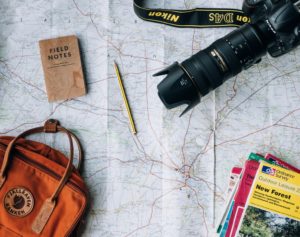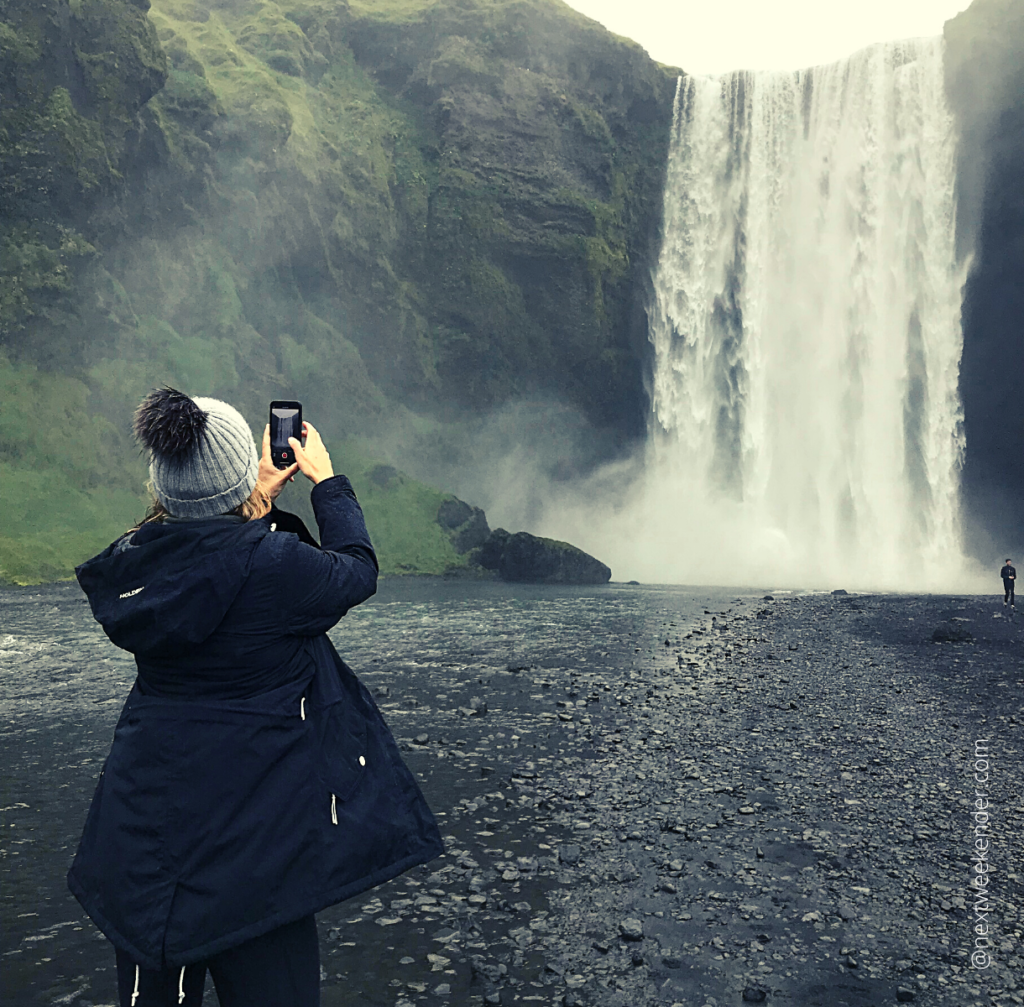 Everyone wants a smooth trip when they travel, whether it’s for work or vacation purposes. Ask any frequent travel agent, and they will tell you that it’s essential to plan ahead so that you can have a safe trip and can enjoy your time away. We’ve put together a lsit of the most common travel tips we’ve heard from travel agents.
Everyone wants a smooth trip when they travel, whether it’s for work or vacation purposes. Ask any frequent travel agent, and they will tell you that it’s essential to plan ahead so that you can have a safe trip and can enjoy your time away. We’ve put together a lsit of the most common travel tips we’ve heard from travel agents.
Buy Travel Insurance.
You’ve just spent thousands of dollars on your vacation. What happens if you or a member of your group have to cancel or interrupt your trip because of illness or a death in the family? Most medical insurance providers don’t cover you outside the United States. Travel insurance gives you peace of mind. If you have medical insurance, car insurance, and home insurance, then you should purchase travel insurance for the same reason-coverage in case something does happen.
Make a thorough to-do checklist.
There are a lot of things to remember before going on a trip so it’s best just to write them down and check things off as you get closer to your trip.
Check your Passport expiration date.
Make sure that at the time you go on your trip, your passport has at least six months left on it before it reaches its expiration date. Some countries may not accept your passport if there are less than six months left before it reaches the expiration date.
Check to see if a visa is required.
For U.S. citizens, some countries require a visa in addition to a passport. There are fees for visas and they can take several days to obtain, so allow yourself enough time.
 Consult with your doctor regarding recommended vaccines.
Consult with your doctor regarding recommended vaccines.
Check the CDC page that is listed on the Travel Resources tab. Possible shots/vaccines/pills include those for Hepatitis A, Hepatitis B, Tetanus, Yellow Fever, Typhoid Fever, Malaria, and the flu.
Check your medicine cabinet.
Look at the expiration dates of your medicines and if they’ve gone past their expiration date, replenish them.
Weigh your luggage.
You can purchase a small luggage scale at your local luggage store or use a scale you currently have at home. Most airlines charge you for the first 50 pounds and charge you an additional fee for luggage over 50 pounds. It’s best to allow yourself a few pounds for gifts/souvenirs.
Take Non-stop vs. Direct flights.
Non-stop flights go from Point A to Point B with no stops in-between and are the fastest way of getting to your destination. Direct flights will have at least one stop. The flight # doesn’t change and you don’t have to change planes but you are still making at least one stop. If you have to change planes, then it’s a connecting flight. Non-stop flights may be more expensive (which is not always true), but they are the least stressful option.
 Make sure the name on your travel documents matches the name on your passport and driver’s license.
Make sure the name on your travel documents matches the name on your passport and driver’s license.
If not, you may not be allowed to leave or enter a country. This is especially important if you’ve recently been married or divorced.
Check the electricity requirements.
An adaptor plug is usually required in a foreign country. You may also need a converter/transformer but these are usually not needed to charge smaller items like smartphones or camera batteries.
Use a money belt.
The best money belts are the ones that go under your clothes, making them inaccessible to pickpockets. Don’t keep any cash, passports, credit cards, or smartphones in your back pockets or backpacks.
Exchange a small amount of foreign currency.
Airports probably have the worst exchange rates so exchange a small amount of currency at your local bank before you leave so that you have enough for cab or bus fare when you arrive. Once you arrive at your destination, compare currency exchange rates at your hotel, banks, and stand-alone currency exchange places. No need to get too much foreign currency to start as most cash machines will work with your ATM card.
Bring lithium batteries (for cameras/camcorders) with you on the plane.
Airlines will not permit lithium batteries to be checked in due to potential fire hazards. Keep each battery in a separate plastic bag and tape over the terminals.
 Bring extra batteries and memory cards.
Bring extra batteries and memory cards.
If you’re going on a long vacation, however many memory cards you think you need for your cameras/camcorders-double it. Even though you will most likely be able to charge your batteries, consider bringing extra batteries as a backup.
Invest in some noise-canceling headphones.
They can eliminate much of the plane noise that you normally hear, adding to your music listening pleasure.
Call your credit card companies and bank.
Let them know where and when you’ll be going on vacation so that when new credit card charges or cash withdrawals appear on your account, they won’t think your cards were stolen.
Lighten your wallet. Leave at home any cards that you won’t be using, whether it be department store credit cards, etc..
Pay your bills in advance.
You don’t want to have any overdue bills when you get back from vacation so as much as possible, pay your bills or set up that auto-pay before you leave.
 Hold your mail and newspaper deliveries.
Hold your mail and newspaper deliveries.
You don’t want your mail or newspapers to pile up while you’re away because you’re advertising that you’re not home. If you’re gone for a week or more, it’s best to go to your local post office (or do it online-USPS Hold Mail) and have them hold your mail (they will do this for up to 30 days). Call your newspaper delivery service as well.
Change your thermostat settings and unplug electrical outlets.
If you’re not going to be home for an extended period of time, why pay for electricity and gas that you’re not going to need? Unplug appliances and devices that use electricity. Shut off the heat (unless your pipes will freeze) and air conditioning (unless mold may be an issue), or at least raise or lower the temperature settings for your heat and air conditioning.
Arrive at the airport three hours before your international flight, two hours before your domestic flight.
After 9/11, when security was tightened, the government recommended arriving three hours before international flights and two hours before domestic flights. This time frame has since been relaxed but why take a chance of being late and having to run through an airport? Get there early and just relax.
When going through the security line at the airport, put your valuables in plastic bags and then put them in your purse or backpack.
Don’t put them in the bins for all to see as this may tempt your fellow passengers to steal them.
Safe Travels.






